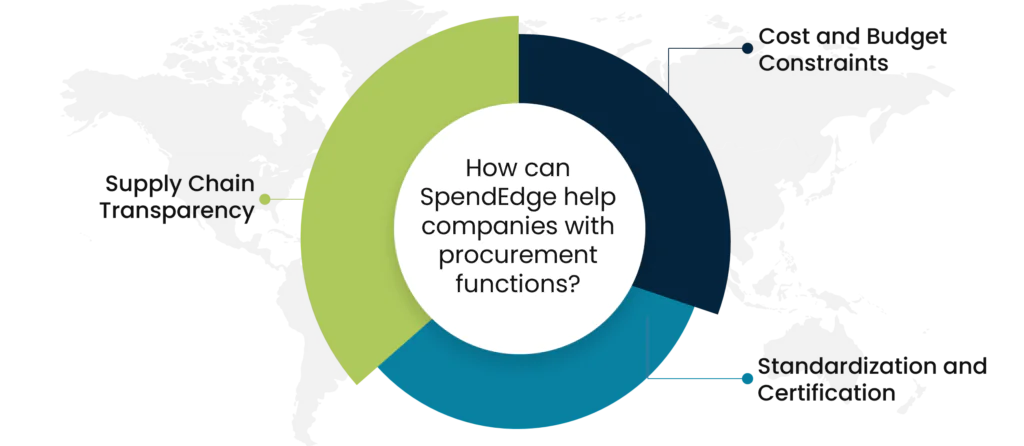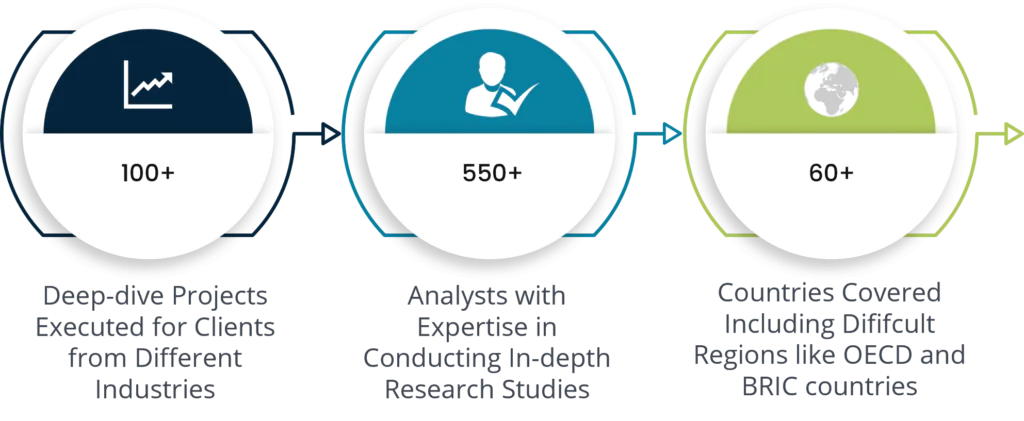By: Manpreet Kaur
Sustainable procurement initiatives refer to strategies and practices employed by organizations, governments, and businesses to integrate environmental, social, and economic sustainability considerations into their purchasing and supply chain processes. The goal of sustainable procurement is to minimize the negative impacts of products and services on the environment and society while promoting economic development and value for money. These initiatives are not only beneficial for the environment and society but also contribute to the long-term success and reputation of the organizations that adopt them. They can help reduce risks, improve supply chain resilience, and attract environmentally and socially conscious customers and partners.
Challenges/Problems faced in the procurement process.

Supply Chain Transparency:
Achieving transparency in supply chains is a major challenge. Many suppliers may not disclose information about their practices, and it can be difficult to verify the accuracy of the information they provide. Without a clear understanding of the entire supply chain, it’s challenging to assess and address the environmental and social impacts of products and services.
Cost and Budget Constraints:
Sustainable procurement often requires an initial investment in more environmentally friendly or socially responsible products and services. While these investments can lead to long-term cost savings and benefits, they can be a barrier for organizations with limited budgets or when short-term financial considerations take precedence over long-term sustainability goals. Balancing cost-effectiveness and sustainability can be challenging.
Standardization and Certification:
There is a lack of standardized criteria and certifications for sustainable products and services. Different regions and industries have varying definitions of what constitutes sustainability, making it difficult for organizations to compare and select the best options. Additionally, navigating the complex landscape of sustainability certifications and labels can be challenging for procurement professionals.
How SpendEdge can help the industry in overcoming the challenge
Identifying Sustainable Suppliers:
Identifying and working with sustainable suppliers can contribute to your organization’s overall sustainability goals, reduce risks, and enhance your reputation with environmentally and socially conscious customers. However, most of the time it’s difficult to find suppliers that can align with your sustainability criteria, and it requires a deep dive assessment of their policies, practices, and performance in areas such as environmental impact, labor practices, ethical sourcing, etc. We at SpendEdge can help in not only identifying the right suppliers from your geographies of choice but also in conducting deeper assessments on their sustainability initiatives, certifications, and practices.
Sustainability Best Practices Assessment:
Assessing sustainability practices is crucial for organizations that want to make responsible and environmentally friendly purchasing decisions. It requires a holistic approach and a commitment to long-term change. We conduct research studies to help companies get visibility on the sustainability practices that are being adopted in different industries, key strategies used by companies, assessing the impact of sustainability measures on the key business parameters, benefits achieved through sustainability initiatives, major KPIs used to evaluate sustainability performance and providing insights that can help in developing a sustainability roadmap.
The success story of how SpendEdge was helpful to one of its clients
One of the leading Pharma companies was looking for a partner who could support in identifying different KPIs and metrics related to sustainable procurement. This study focused on different sustainable procurement areas such as environmental, social, ethical, supplier diversity, and supplier development and enablement.
To support the client’s requirements, we identified and analyzed key elements of the sustainability process and key benefits/outcomes of sustainable procurement. We then assessed different KPIs that impact the company on its sustainability activities in areas such as environmental, social, and ethical, supplier diversity, and supplier development and enablement from a procurement perspective. We also identified benchmarks on how other industries/companies report on sustainability, how they set up KPIs, and the data used to measure progress for reporting purposes. In addition, we also tried to understand what different companies define as measures to report on sustainability achievement/activities.
This study helped the client improve their existing KPI framework and get better visibility on what other peers in the industry are doing and what measures are used by them to report sustainability initiatives.

Contact us now to solve your procurement problems!
Author’s Details
Manpreet Kaur
Assistant Manager Presales – Sourcing and Procurement Intelligence
Manpreet is a presales specialist at Infiniti Research and has expertise in sales, business strategy execution, and innovative solution design. She is actively involved in supporting clients from F&B, CPG, Healthcare, Pharma, Chemicals, BFSI, Oil & Gas and Automotive sectors.




